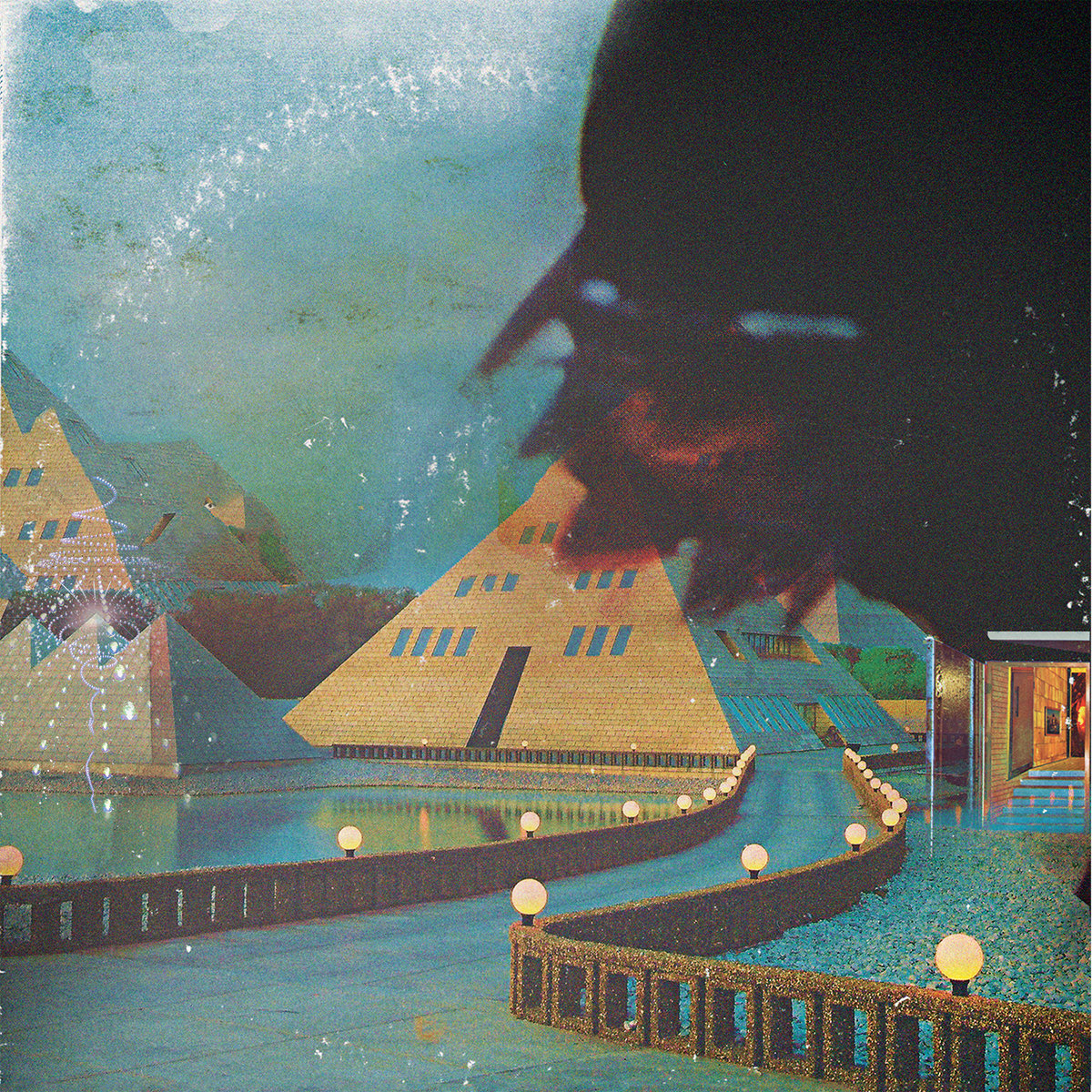The Brunei dollar is a curious thing. Like many of the country’s banknotes it’s peculiarly colourful, awash in different hues and intricate, almost psychedelic patterns. Apparently Lionel Williams – better known as Vinyl Williams – was fascinated by the object, and this had eventually led him to writing something of an ethereal concept album about the country.
But Brunei has its problems, including severe punishment for anyone acting outside of the heteronormative. As Williams himself puts it, “for a place that masquerades as ‘heaven on Earth,’ we must expose such ugly hegemony.” But a political dimension probably isn’t what Williams is really aiming for with Brunei. It’s mainly written from the perspective of an ethereal being from Xol, a gravity cluster orbiting the star Alnilam at the heart of the Orion constellation, which gives a better indication of what to expect from the record.
The twinkling electronic stabs of ‘Ion’ give way to the driving drum beats and explosive combination of guitar and synth on ‘Riddles of the Sphinx.’ Williams’ own markedly breathy vocals give the track a distinctly otherworldly feeling, repeating “trying to understand” like a celestial being recently arrived on Earth. The rising and falling bleeps that punctuate ‘Evol’ (which was recorded at Toro Y Moi’s studio) sound intergalactic. ‘Feedback Delicates’ utilises some particularly rubbery guitar lines and a smattering of synthetic saxophone to ground its swirling layers of vocals, while ‘L’Quasar’ and ‘Celestial Gold’ float along on waves of synths.
That’s Brunei in a nutshell: it’s lightweight, breathy, ethereal and undoubtedly atmospheric. That also means it’s a hard album to really grasp on to. Williams consistently sounds like he’s been completely disembodied – probably to represent the heavenly nature of Xol – but that makes his lyrics hard to connect with and sometimes even hear. Likewise, while there’s undoubtedly some invention going on here in the varied synth tones, they often blur into one.
Take ‘Voidless,’ for example. It’s an improvisational track that appears to be aiming for something a little like Hawkwind, and features Brad Laner of shoegazers Medicine. On paper, that should make it one of the most recognisable tracks on the record. The added vocals from Laner do add some extra weight to the track (giving the flavour of early Yeasayer) but the fuzzy guitar is too low in the mix to really stand out, and it’s only at the climax that it starts to come into its own. It’s therefore almost ironic that ‘The Presence of Absence’ is one of the standout tracks, punctuated by clashing cymbals and small sonic details reminiscent of 808 State.
There’s an argument to be made that the album’s general feeling of being stuck in a swirling vacuum of sound is meant to represent the recesses of the mind and the general vastness of space. But when the tone of the tracks start to meld into a indistinct void, you can’t help but get the feeling that, had Williams really latched into that more serious, political aspect, things could have been a bit more grounded.




